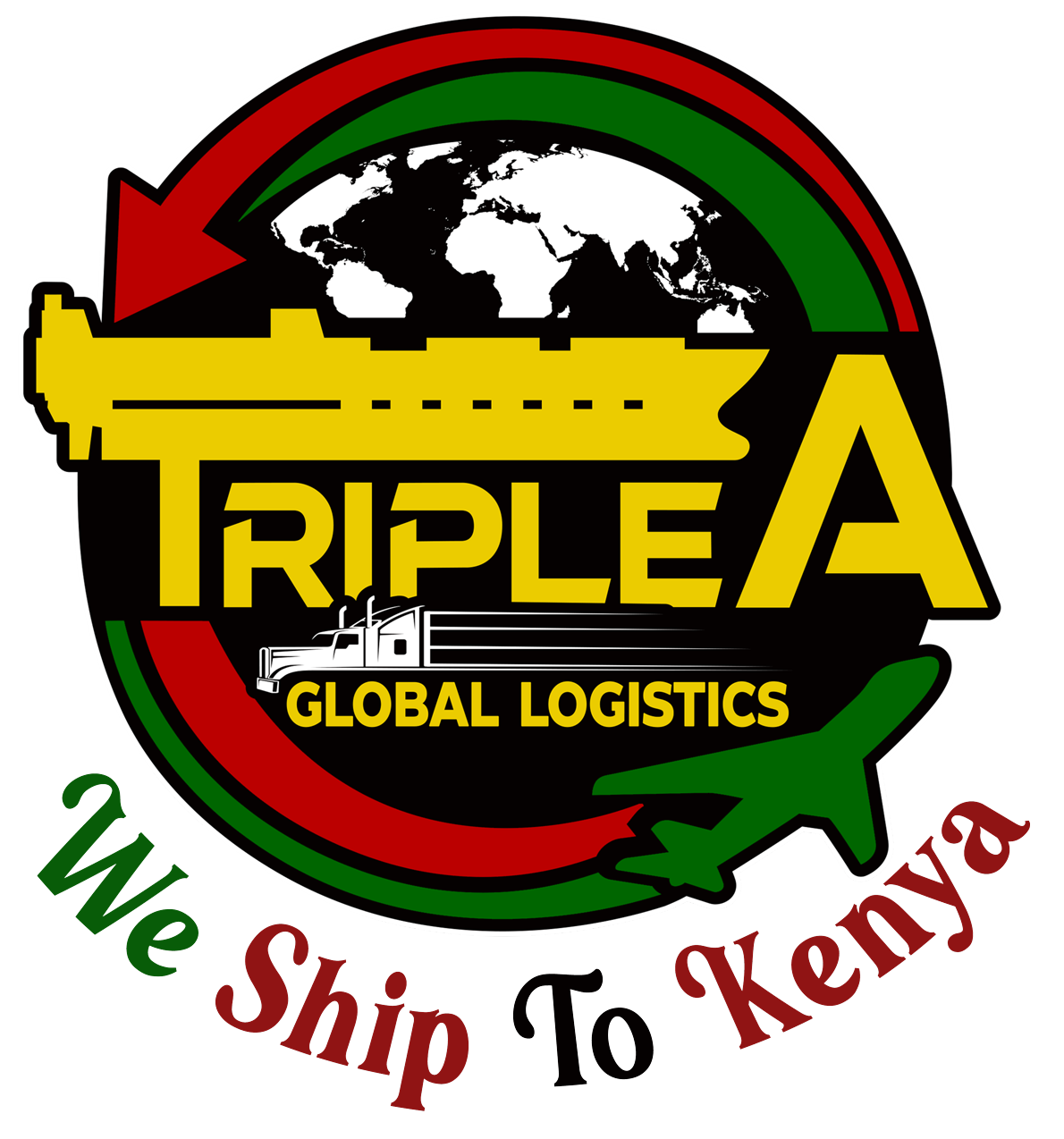Call Us:
+44(0)2039579445
+254 111 81 81 81
Mail Us:
info@tripleafreight.co.uk
Triple A

 Logistics services Germany encompass a range of activities involved in the transportation, warehousing, and distribution of goods. They ensure that products are delivered efficiently and on time from the point of origin to the final destination.
Logistics services Germany encompass a range of activities involved in the transportation, warehousing, and distribution of goods. They ensure that products are delivered efficiently and on time from the point of origin to the final destination.